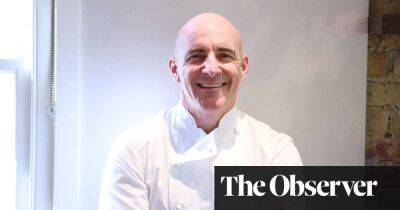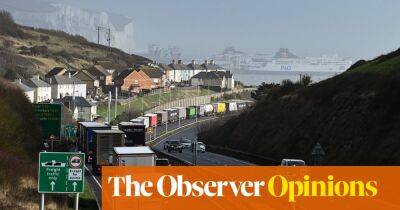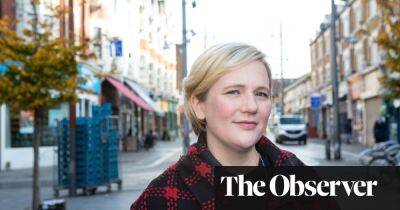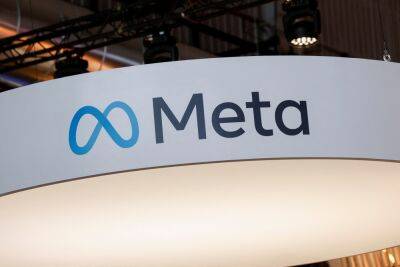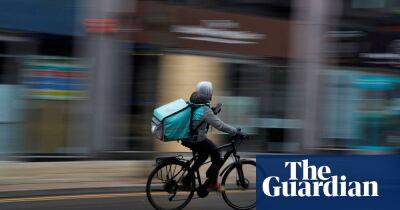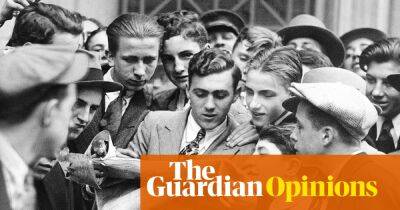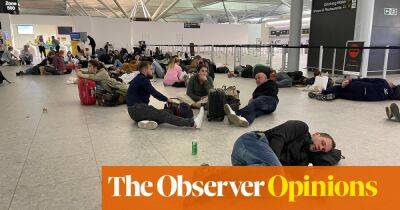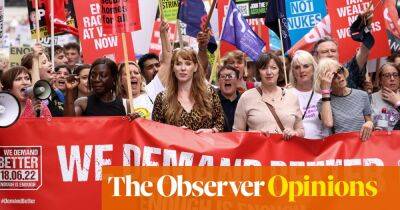The greasy spoon chronicles: a day in the life of the Hope Workers Cafe
The first customer of the day pushes through the door a little after 7.30am. His name is Matthew. He is thin and pale and blond, and trembling a little from the cold. Sue Anayiotou, who has owned and run this cafe with her husband Chris these past 31 years, turns at the sound of the door, checks him out and turns back to me. “Homeless. I’ll just be a minute.”
Matthew asks for a fried egg sandwich. She offers him a cup of tea to go with it. He nods, gratefully. No money changes hands, because no money is required. In the window is a red and white sign, designed in the early months of the pandemic by a regular customer, which reads: “Pay it forward, donate a meal for someone who needs it”. Beneath that it says: “Free Hot Meals for anyone who cannot afford one. Just come in and ask.” Which is what Matthew has done. “Sometimes there will be one of them,” says Sue. “Sometimes six.” The customer who designed the sign also put the first £200 intothe pot and it’s grown from there. It’s an appropriately dignified start to a working day at a cafe called the Hope.
The Hope Workers Cafe on London’s Holloway Road first opened in 1937 and is what some people might call a greasy spoon. Those people include its owners. “Well, of course it’s a greasy spoon,” says Chris, as he sears rashers on the hot plate for the day’s first bacon sandwich. “It’s not a restaurant, is it?” Chris is 64. He’s broad and stocky and salt-and-pepper stubbled, and given to blunt, mildly world-weary statements. I watch him cut fat off the bacon with the sharp edge of his scraper, his key tool for the lengthy parade of breakfasts that will fly out of here today. He can flip the eggs with it, and shimmy the sausages, and attend to the rinds. This kitchen is starting
Read more on theguardian.com


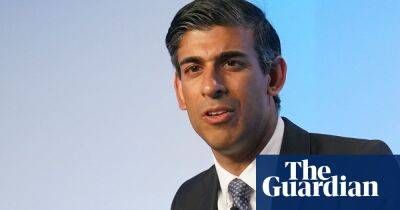
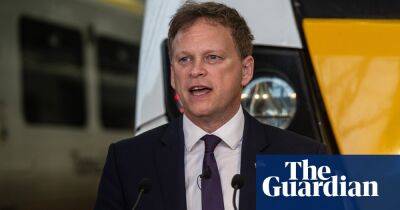

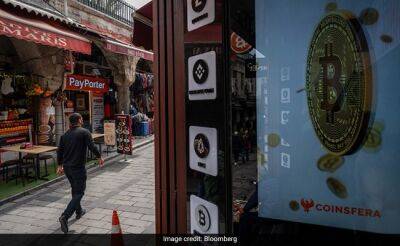


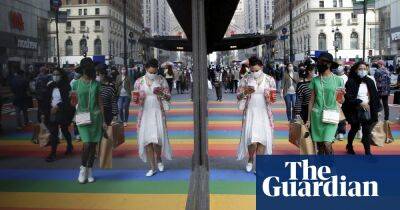

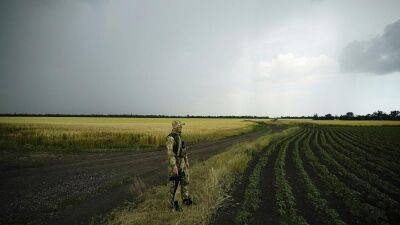
![Tether [USDT] – Now that the DDoS attack is behind it, here’s the post-op outlook](https://finance-news.co/storage/thumbs_400/img/2022/6/19/30352_4tx.jpg)
